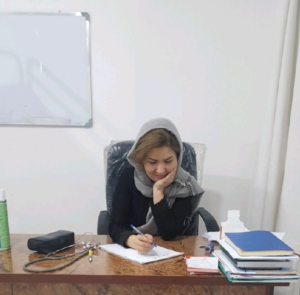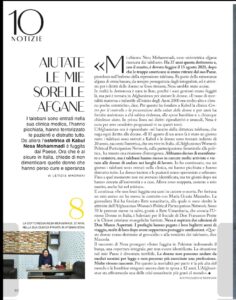Since the early 1980s, following the USSR’s invasion of Afghanistan, Iran and Pakistan have been hosting millions of refugees fleeing war, discrimination, and persecution. Yet their presence has never truly been welcomed, and over the past decades, the lives of these displaced individuals, particularly those from the Hazara ethnic group, have been shaped by structural exclusion, state-sponsored racism, and precarious legal conditions.
In both countries, numerous refugees live without official documentation or access to basic rights. Afghan nationals with scholarships from foreign universities frequently encounter routine visa rejections when applying through embassies in Iran and in Pakistan. This is primarily due to bureaucratic hurdles and, at times, overt hostility from embassy personnel, particularly as most Western embassies have ceased operations in Afghanistan. Countless individuals from Afghanistan work under exploitative and quasi-slavery conditions in Iran, often unpaid and threatened when they ask for compensation. In Pakistan, documented refugees have also been arrested and released only after large bribes were paid to local authorities.
The climate of marginalization and control has intensified significantly in recent months. Following the outbreak of conflict between Iran and Israel, and the rise of domestic paranoia around espionage and infiltration, the Iranian regime has intensified its campaign of forced deportations. Raids, checkpoints, and mass roundups have become routine. In some cases, Iranian police have reportedly entered private homes at night to arrest entire families. Violence has not been limited to state forces: ordinary citizens have been seen harassing and physically attacking people from Afghanistan in the streets, particularly those who are recognizably Hazara. Videos circulating online show men being beaten, insulted, and robbed by strangers in broad daylight.
One case stands out as especially emblematic. In August 2024, a young Hazara refugee named Seyed Mehdi was arrested by Iranian authorities and allegedly subjected to severe physical abuse while in custody. A video circulated online shows him pinned to the ground by multiple officers, visibly struggling to breathe, a scene disturbingly reminiscent of the killing of George Floyd in May 2020, in the United States, an event that Iranian officials openly condemned at the time. Mehdi sustained serious injuries, including a broken neck, but his current condition remains unknown. Iranian police denied any wrongdoing, and no formal investigation was launched. The case, emblematic of broader patterns of racialized police violence against Afghanistan’s refugees, especially Hazara, sparked outrage online but quickly faded from public attention. Yet this is not an isolated episode. Deportations are increasing daily…..https://medium.com/@talesfromhazaras/expulsion-of-afghanistans-refugees-from-iran-04a816ddef23




